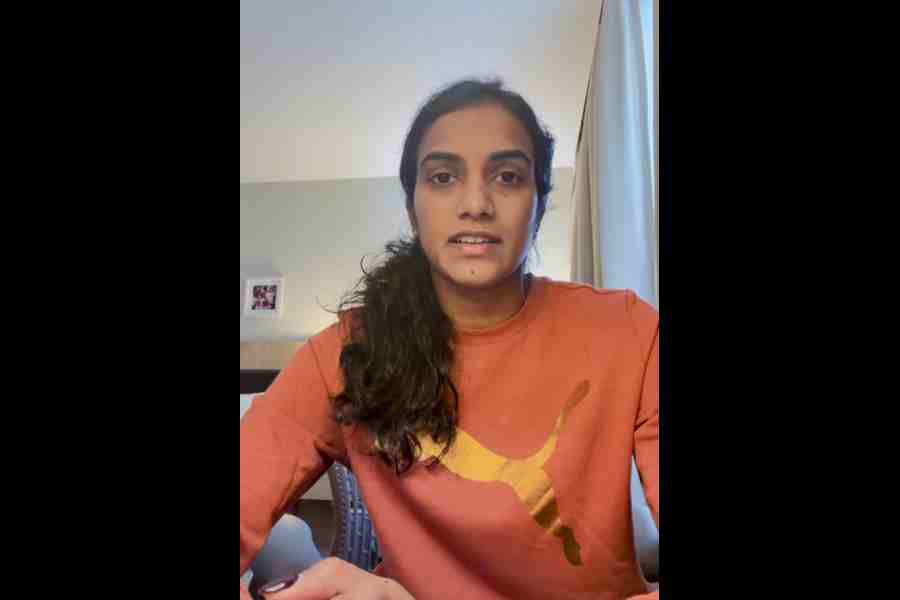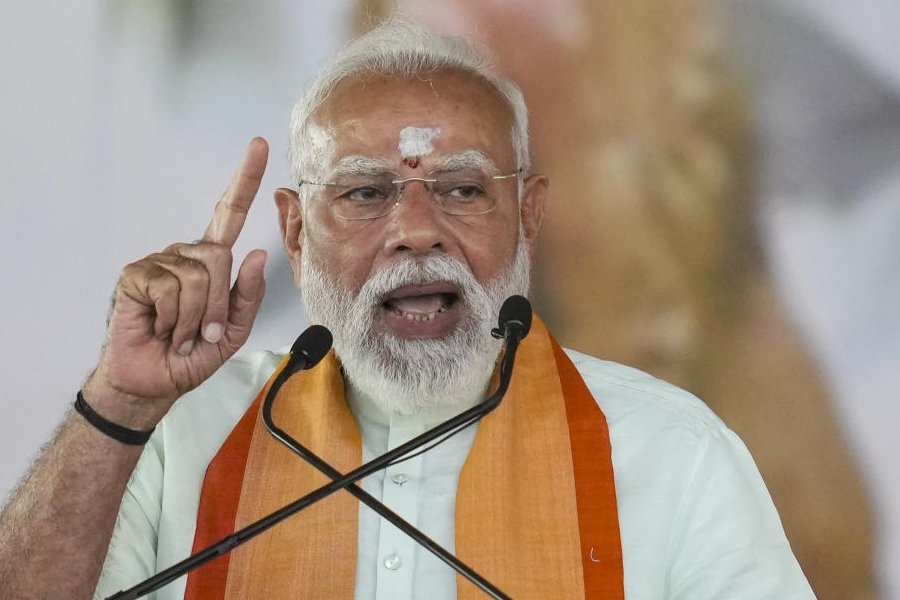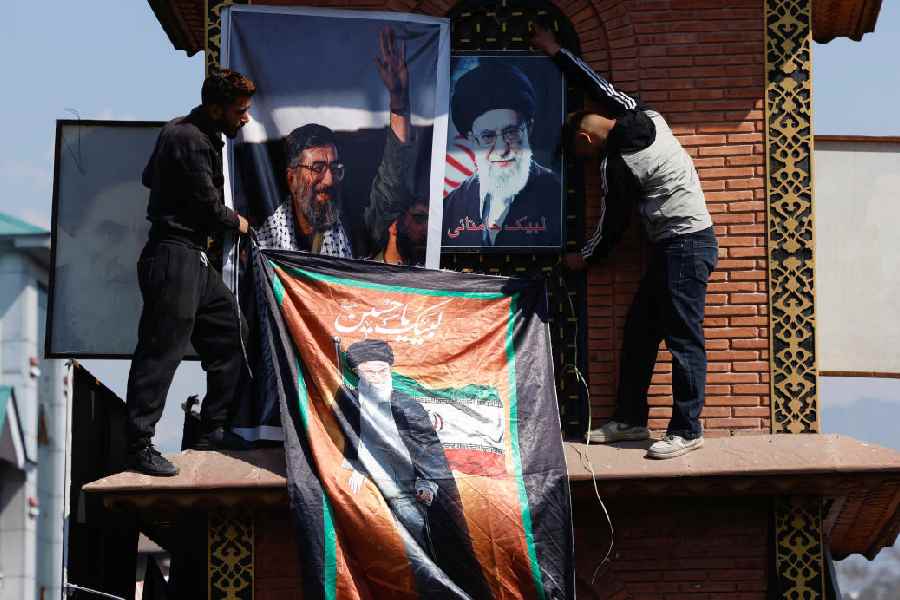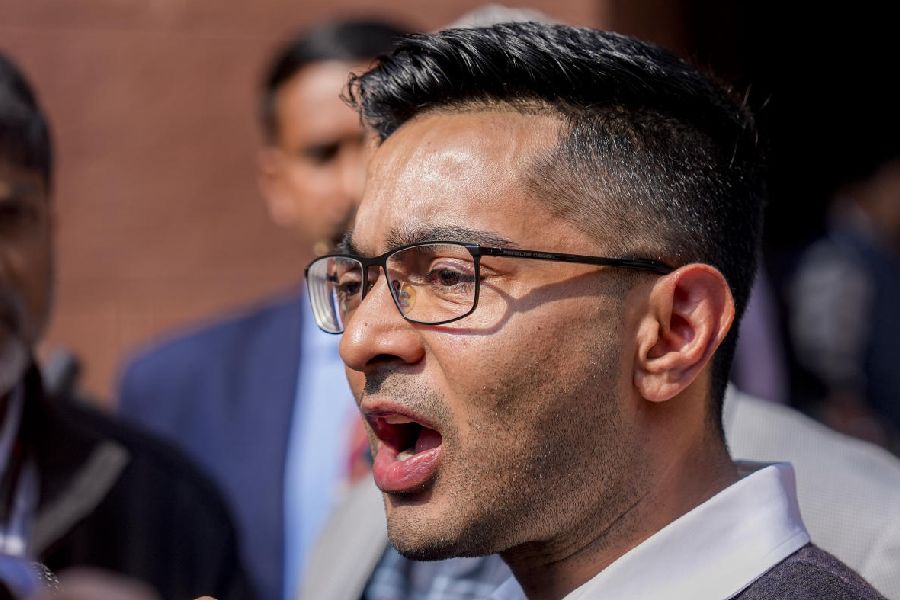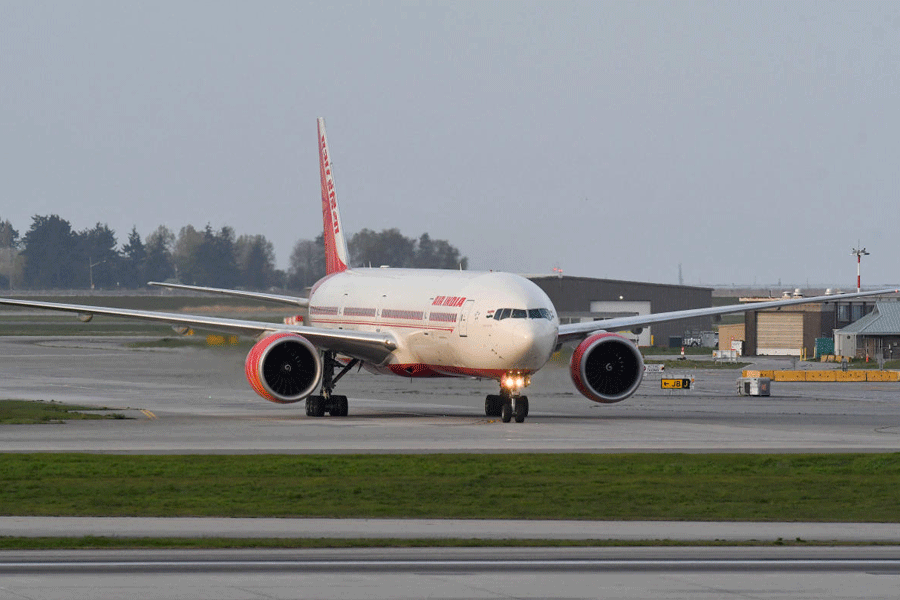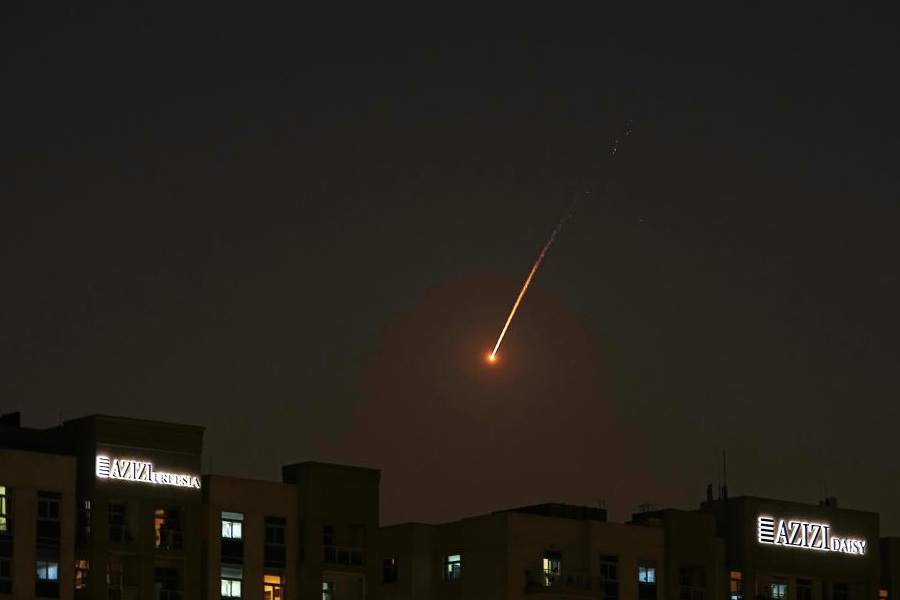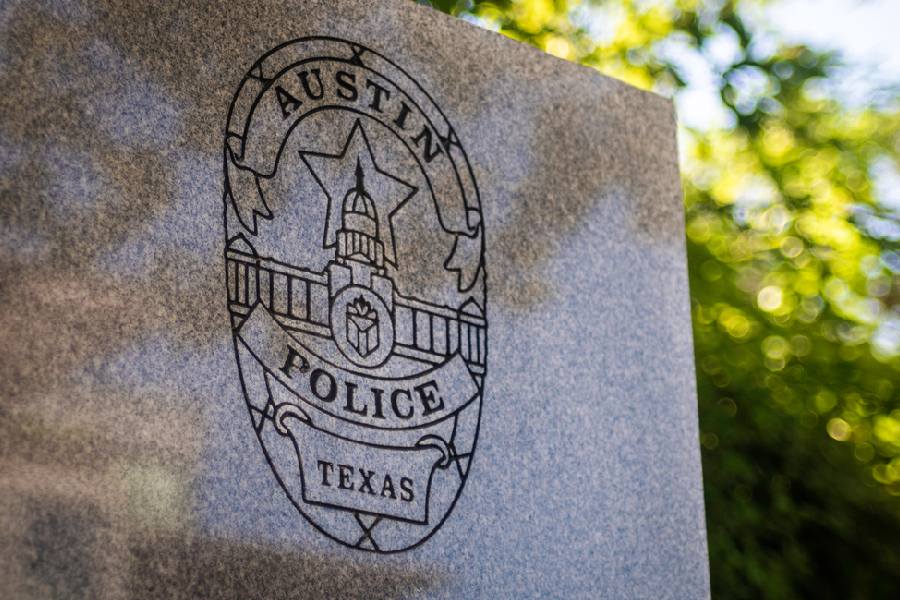 |
| Atal Bihari Vajpayee. File picture |
May 4: The greatest love story in Indian politics ended forever on Saturday, in as subdued a style as it flourished for several decades under the radar but was known widely.
The place of Rajkumari Kaul, with whom Atal Bihari Vajpayee shared a home for countless years, as a witness to momentous phases in India’s history will remain one of the unwritten stories of Indian politics.
“Auntie” to those who had privileged access to the Vajpayee household and a deliberately nondescript “Mrs Kaul” to everyone else who came across her presence there, she died on Saturday and was cremated later that day in New Delhi.
Of all the members of every prime ministerial household since freedom put together, Auntie was the most understated, but her worth was known to those who knew the intricacies and the organigram of Vajpayee’s private life.
Vajpayee first became friends with Rajkumari when they were both students in Gwalior. Had Vajpayee not become associated with the RSS later, their lives may have turned out to be very different.
Rajkumari became Mrs Kaul when she married Prof. B.N. Kaul and moved to Delhi. Vajpayee remained a bachelor but their lives became twinned by circumstances.
Vajpayee shared a home with the Kauls and Mrs Kaul’s daughter Namita, her husband Ranjan Bhattacharya and their own daughter Niharika, who became the centrepiece of Vajpayee’s private life in his sunset years.
Although Auntie never figured in the Prime Minister’s protocol book as the hostess at official programmes and did not travel with Vajpayee on his foreign trips, her unseen presence was evident during all such trips.
Bhattacharya who almost always accompanied the Prime Minister abroad, at times along with Namita, and were listed in the protocol book as “family” was often reminded by Mrs Kaul on his cellphone when it was time for Vajpayee to take his medicines.
The only demand Mrs Kaul made on Vajpayee when he went to the UN in New York for the annual General Assembly was that he should adjust his travel dates so that he could be in the US on the birthday of her other daughter, Namrata.
The first time I accompanied Vajpayee to New York when he became Prime Minister, I was curious about why September 26 was left blank on his US schedule. His close aides confided then that it was Namrata’s birthday and Vajpayee would drive to her residence in Connecticut for a very private family celebration.
The General Assembly’s secretariat, we would often joke, was tender and considerate about the very unique friendship between Vajpayee and Mrs Kaul. The speaking slots for Prime Ministers in the UN protocol, which came after those for heads of states, always came within the range of Namrata’s birthday.
That made it possible for Vajpayee to stay in New York and be with her on September 26 without any additional expenditure from the taxpayer. It was a refreshing far cry from the practice of some other Prime Ministers who travelled from New Delhi to New York only for personal work under the guise of attending the General Assembly.
If memory serves me right, Mrs Kaul was at Namrata’s birthday in Connecticut one year during Vajpayee’s prime ministerial tenure. But she did not go on the VVIP aircraft but took a commercial flight instead. Few people in Vajpayee’s entourage even heard of her presence at that time.
I was in Port Louis on the day the only BJP Prime Minister hitherto was visiting Assam. There was a bomb explosion where Vajpayee was to go and it made headlines internationally since relations with Pakistan were in a very tense phase because of the NDA government’s limited but schizophrenic options in dealing with cross-border terrorism.
The Prime Minister of Mauritius, Navin Ramgoolam, was in a fret as news agency reports did not indicate damage or casualties and there was no word of Vajpayee’s situation. A call he put through to the Mauritius high commission in New Delhi did not make him any wiser either.
India’s special relationship with Mauritius is well known, but not so well known is the Ramgoolam family’s close personal acquaintance with Vajpayee. When Vajpayee ordered the nuclear tests in 1998, only two governments unhesitatingly supported India at every international forum in the wake of Pokhran II. One was Mauritius, the other was Bhutan.
Navin’s father, Sir Seewoosagur Ramgoolam, was the leader of his country’s fight for independence and was its first Prime Minister.
In 1998, when Vajpayee gave a lift to Navin and his wife Veena on his special aircraft from Durban to Port Louis, Veena brought along samosas which she had personally made for the BJP leader.
Members of Vajpayee’s household hastily distributed the samosas to those on the flight, including this writer, because Vajpayee was not supposed to eat fried dishes and yet he would not resist samosas.
On the day of the blast, Navin’s mind was put at rest by Mrs Kaul who was at 7 Race Course Road, the Prime Minister’s residence. The then Indian high commissioner in Mauritius, Mani Lal Tripathi, was one of those who had the liberty to pick up the phone and call Auntie at any time.
If memory serves me right, Tripathi was a student of Mrs Kaul’s late husband, Prof. Kaul. It is no longer possible to crosscheck because Tripathi passed away two winters ago, but I have been witness on several occasions to the high commissioner’s access to the Kauls. Tripathi was later India’s envoy to Bangladesh.
On the day bombs went off in Assam, Mrs Kaul precisely knew what national security agencies could not tell a high commissioner to be conveyed to a friendly government.
Mrs Kaul will be remembered for many years by those who knew her as the self-effacing, conspicuously selfless better half that Vajpayee never had and yet was always at his side till she fell ill and succumbed to a heart attack two days ago.


